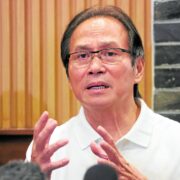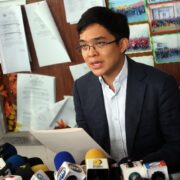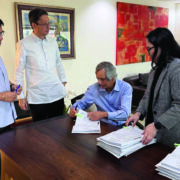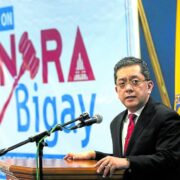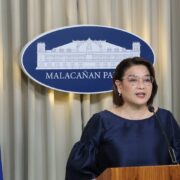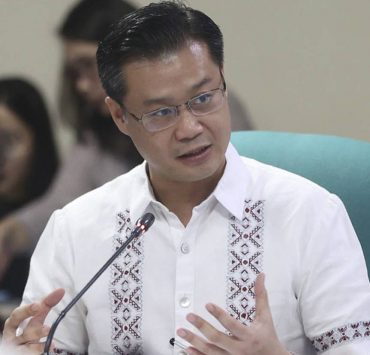Bacolod: Soon a ‘super city’
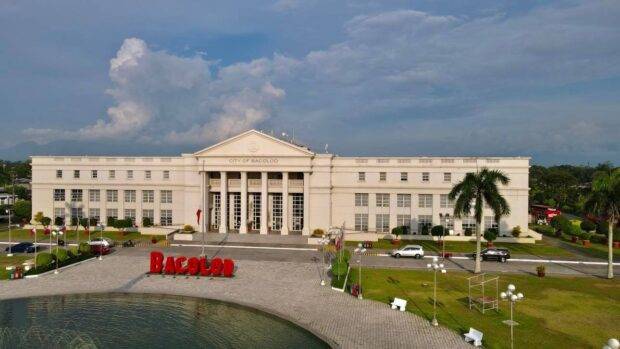
Bacolod City has always been recognized as a city teeming with potential. It has a lot of traits that make it an attractive choice for people to live in and invest in—rich culture, thriving economy, abundant tourist destinations, and a charming population.
Sugarcane plantations
Bacolod traces its roots back to a settlement discovered in 1770 on a stonehill, or “bakolod” in Ilonggo, after which the city was named. In 1938, during the Philippine-American War, it was declared a city.
Bacolod, also known as the “Sugar Bowl of the Philippines,” owes a huge part of its growth and development to its sugarcane plantations, and such fields are still visible along the highways of the city.
With its rich history, Bacolod has been able to preserve a good number of its heritage sites and structures. The capital city of Negros Occidental province has maintained its rustic charm while embracing progress and urbanization, growing from a coastal village to become the communication and trade center of the province.
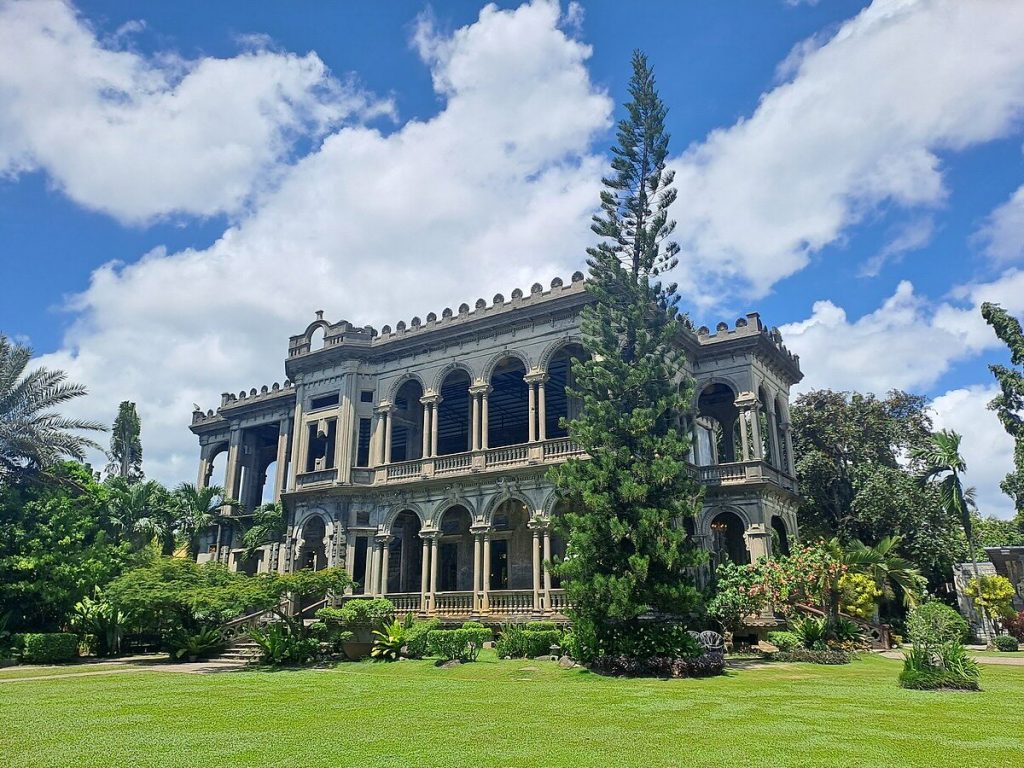
‘Super city’
In recent years, this highly urbanized city has been more aggressive in harnessing its potential and resources to maintain its growth and reach its goal to become a “super city.”
A super city, as defined by Mayor Alfredo “Albee” Benitez in an interview with the Inquirer, is a place where people can “live comfortably, have decent jobs, and have a playground.”
“Housing, peace and order, and everything from waste management to proper urban development—all of that will come into play. There are many pillars,” he had said.
According to its mission and vision, Bacolod City aims to be a super city and “a model city for economic diversification and innovation in local governance, providing efficient services necessary for healthy, happy and satisfying life.”
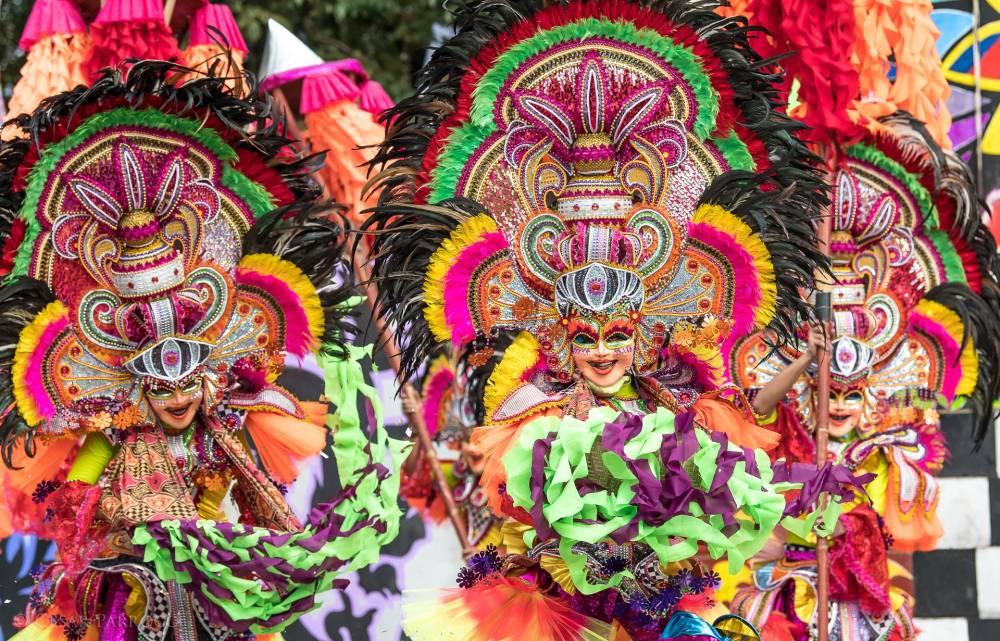
Milestones
Under the maiden administration of Benitez, Bacolod was able to hit several milestones last year, from local governance to the provision of shelter, culture, and tourism and the introduction of environment-friendly public transport.
Bacolod City received the coveted Seal of Good Local Governance award for the first time under the leadership of Benitez from the Department of the Interior and Local Government in December 2023.
In March 2023, the Bangko Sentral ng Pilipinas and local government of Bacolod launched the city’s Paleng-QR Ph Plus at the Libertad Public Market. The program aims to maximize digital cashless payments through smartphones in markets and tricycle hubs. Bacolod is the seventh city in the country and the first city in Western Visayas to adopt the program.
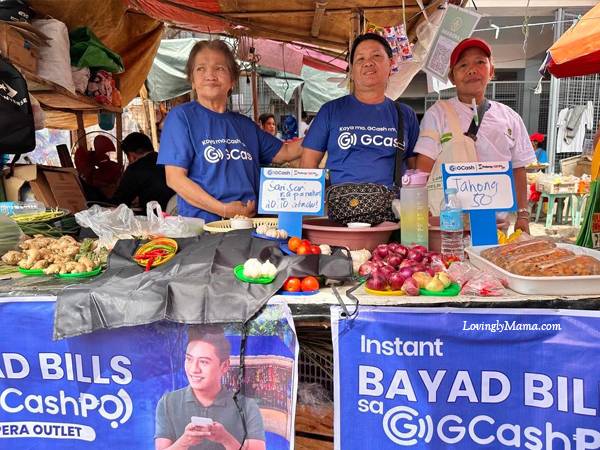
The city government of Bacolod was also the first in the country to sign a memorandum of agreement with the Department of Human Settlements and Urban Development to implement the administration’s flagship shelter program, the Pambansang Pabahay para sa Pilipino or 4PH.
The pilot 4PH project in Barangay Vista Alegre comprises several mid-rise condominium buildings of four to five stories each. The awarding of the housing units to the first batch of 288 buyer-beneficiaries is set for early 2024.
In July 2023, the city government and Nanjing-based Jiangsu Fengchuen New Energy Power Technology Co. Ltd. signed an investment intention agreement to set up an industrial complex in the city for the production of e-vehicles for local and Southeast Asian markets.
The partnership made Bacolod the first local government unit in the country to host the production of e-jeeps, in support of the national government’s Public Utility Vehicle Modernization Program.
Bacolod’s Chinese partner also launched China-made electric jeepneys in the city, where its subsidiary, Chinese-Korean vehicle company e-Future Motors Philippines, Inc., had set up its headquarters.
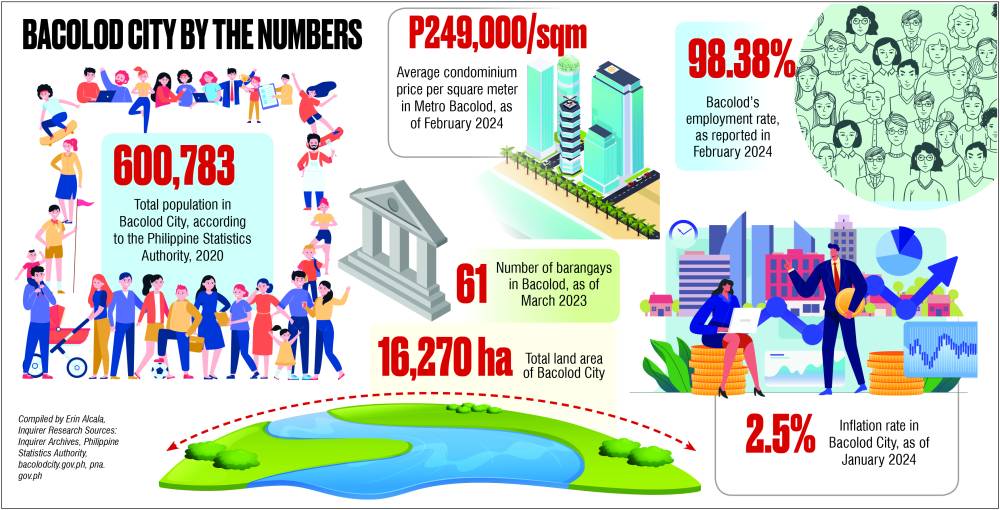
Infrastructure
Several infrastructure projects lined up for Bacolod will continue to benefit the city and boost its viability as an investment site.
Ongoing initiatives such as the expansion of the Bacolod-Silay International Airport Road and the Bacolod-Negros Economic Highway will provide more convenient access to key tourist spots, business districts, and transport hubs in the city, while the construction of the Bacolod City South Bus Terminal, two coastal roads, and a viaduct will make the city much more accessible and reachable.
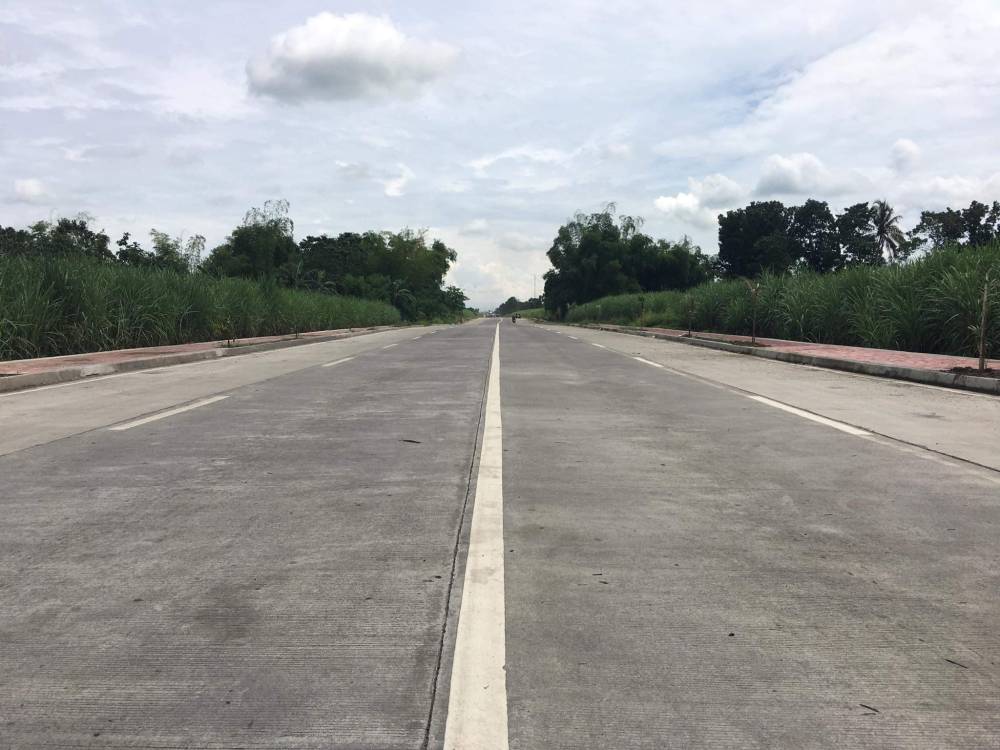
The city is also building important landmarks such as the eagerly anticipated Bacolod Coliseum and City Museum. According to the local government, the Coliseum was at 55-percent completion last January and is targeted to be finished by October 2024. The 12,000-capacity multi-purpose hub will allow the city to host diverse events from sports to cultural gatherings.
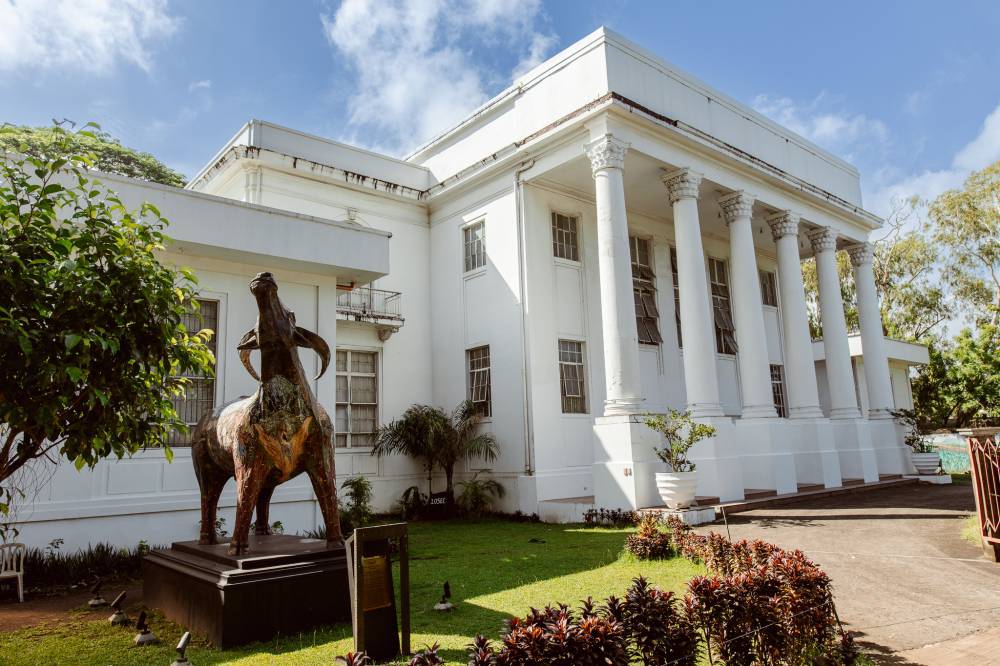
The Bacolod City Museum, on the other hand, adds to the dynamic, culturally vibrant cityscape.
Sources: Inquirer Archives, bacolodcity.gov.ph, Philippine News Agency, Official Facebook page of Bacolod City Public Information Office




